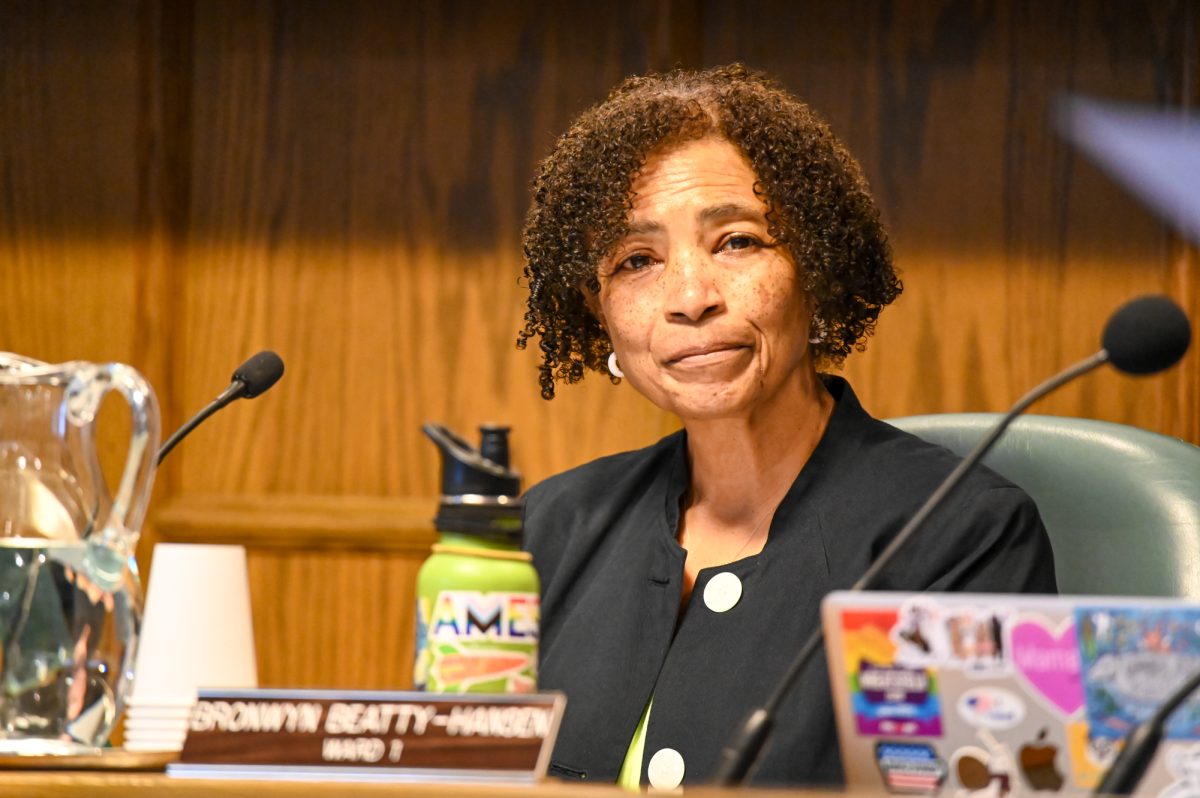LETTER: Agape love applies to loving all people
September 10, 2003
I’m writing in response to Matthew Skuya’s Sept. 10 letter, “Hopeful message sprung from hate.” I am a Christian, and I do believe homosexuality is a sin based on my own scientific reading, biblical research and moral conviction, but I’m not writing to question your thoughts on homosexuality. I would like to challenge your statement regarding the phrase “love the sinner but hate the sin.”
You said, “It is impossible to love homosexuals while hating what they do.” I say it is very possible.
What is love? All of us have our own definitions. Is it really possible for people with such different beliefs to love each other yet hate their actions? Can a Christian love an atheist? Can a heterosexual love a homosexual? Yes, they can.
The English language has one word for love. Most of us can agree that love can’t be defined with one word. The Greek language uses four words for love. The first three — storge, philios, and eros — are all conditional. Storge is often referred to the way a mother feels about her new child. Philios refers to a friendship love. Eros is a sensual or physical love that you might feel toward a significant other.
The last kind of love is agape. Agape is an unconditional love which means it expects nothing in return. It’s something very difficult for our culture to understand. It does not mean you have to like everyone but that you’ve made a conscious choice to behave in a compassionate and respectful way toward them. This is the kind of love that “love the sinner, hate the sin” refers to. Agape is what makes it possible for a Christian to love a homosexual, yet hate their actions.
If you hate the way someone acts or the way something is, speak out against it rather then sit back in silent tolerance watching your world change for the worse. Hate the sin, but love the sinner unconditionally.
Marcus Fey
Junior
Finance






